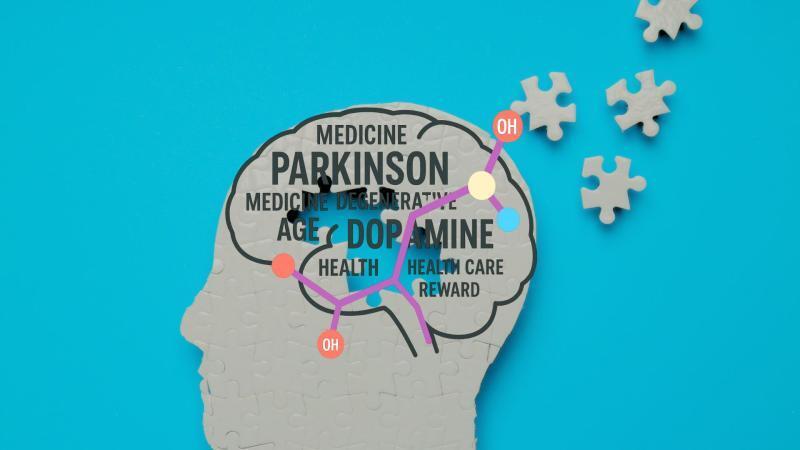
Impacts on Motivation and Cognitive Function: A Study Reveals the Complexity of Parkinson’s Disease
Parkinson’s disease is a neurological disorder that affects millions of people worldwide, causing motor symptoms such as tremors, rigidity, and bradykinesia. However, the impact of Parkinson’s disease extends far beyond motor skills, also affecting emotional and cognitive processing. A recent study conducted by researchers at IIT Bombay has shed light on the disrupted brain activity in Parkinson’s patients, revealing impaired ability to respond to rewards and reinforcing the importance of non-motor symptoms in understanding the disease.
The study, published in the journal NeuroImage, used functional magnetic resonance imaging (fMRI) to examine the brain activity of patients with Parkinson’s disease while they performed a task that involved responding to rewards. The results showed that the brain activity of Parkinson’s patients was significantly different from that of healthy individuals, with reduced activity in regions responsible for reward processing.
Impaired processing of rewards is a crucial aspect of motivation, which is essential for driving behavior and facilitating learning. In Parkinson’s patients, the impaired ability to respond to rewards can lead to decreased motivation, which can further exacerbate the symptoms of the disease. This is particularly concerning, as motivation is a critical factor in an individual’s ability to adhere to treatment plans and engage in activities that promote physical and mental well-being.
The study’s findings also have significant implications for the development of comprehensive treatment strategies for Parkinson’s disease. While motor symptoms are often the primary focus of treatment, the non-motor symptoms, such as impaired motivation and cognitive dysfunction, are just as critical. The study highlights the need for a more nuanced understanding of Parkinson’s disease, one that takes into account the complex interplay between motor and non-motor symptoms.
The researchers at IIT Bombay used a combination of behavioral and neuroimaging techniques to examine the brain activity of Parkinson’s patients. The participants were asked to perform a task that involved responding to rewards, such as receiving a monetary reward for completing a task correctly. The brain activity of the participants was measured using fMRI, which allowed the researchers to identify the regions of the brain that were active during the task.
The results of the study showed that the brain activity of Parkinson’s patients was significantly reduced in regions responsible for reward processing, such as the ventral striatum and the prefrontal cortex. These regions are critical for motivation and decision-making, and their impaired activity can lead to decreased motivation and impaired cognitive function.
The study’s findings are consistent with previous research that has shown that Parkinson’s disease is a complex disorder that affects multiple aspects of cognition and emotion. The impaired ability to respond to rewards is just one example of the non-motor symptoms that are often overlooked in the diagnosis and treatment of Parkinson’s disease.
The study’s lead author, Dr. (Name), commented on the importance of the study’s findings, stating, “Our study highlights the need for a more comprehensive understanding of Parkinson’s disease, one that takes into account the complex interplay between motor and non-motor symptoms. The impaired ability to respond to rewards is a critical aspect of motivation, and its impaired activity can have significant implications for an individual’s quality of life.”
The study’s findings have significant implications for the development of novel treatments for Parkinson’s disease. The impaired ability to respond to rewards is a critical aspect of motivation, and its impaired activity can be targeted using novel therapies. The study’s findings also highlight the need for a more nuanced understanding of Parkinson’s disease, one that takes into account the complex interplay between motor and non-motor symptoms.
In conclusion, the study conducted by researchers at IIT Bombay has shed light on the disrupted brain activity in Parkinson’s patients, revealing impaired ability to respond to rewards and reinforcing the importance of non-motor symptoms in understanding the disease. The study’s findings have significant implications for the development of comprehensive treatment strategies for Parkinson’s disease, highlighting the need for a more nuanced understanding of the disease and its complex interplay between motor and non-motor symptoms.
Source:






